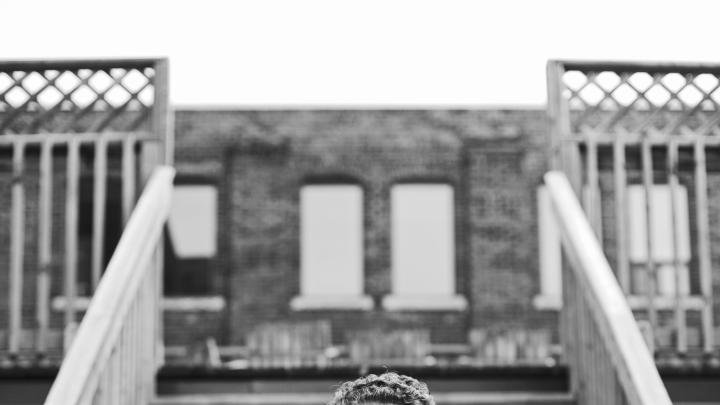Bruce Mau’s work ranges from creating a museum of biodiversity to urban renewal projects in the Islamic holy city of Mecca. The Graduate School of Design (GSD) Class Day speaker is chief creative officer of Bruce Mau Design (with offices in Toronto, Chicago, and New York City); since founding his studio in 1985, Mau has produced designs for Coca-Cola, MTV, and Arizona State University, among other clients, redesigned the Seattle Public Library, and did the environmental graphic design of the Walt Disney Concert Hall with Frank O. Gehry. His most recent urban-renewal projects explore intellectual and social issues, such as his redesign of the mining town of Sudbury, Ontario, and his work in Guatemala, where he was invited by business and cultural leaders to tackle challenges facing the country today, such as oppressive violence and lack of access to capital, technology, medicine, and education. His firm also developed the graphic identity and language of the GSD’s 75th Anniversary exhibit, Dispatches from the GSD: 075 Years of Design.
Creative director of I.D. magazine from 1991 to 1993, Mau in 2007 was awarded the American Institute of Graphic Arts (AIGA) Medal in recognition of his mastery of the craft of graphic design and for his strategic sense of design’s role in global issues. According to AIGA’s biography, Mau's most important job to date is his 1985 book, Zone 1/2: The Contemporary City, a book featuring graphic elements such as densely saturated landscapes of color and textured images: “That book was the breakthrough; it set the tone for everything that followed,” says Mau.
Born in 1959, Mau grew up in northern Ontario. “I thought I was going to be a scientist. I like to say I didn't hear the word 'design' until I went to art school,” he said in his AIGA biography. His introduction to art education was a yearlong program in special arts at Sudbury Secondary School, and his first assignment had little to do with design: “I had to restore and refurbish a one-color offset press. You'd be surprised at how difficult that is. For every color, every time, I had to take it apart and put it back together.”
Mau has also ventured into publishing—he designed the Zone Books series, co-authored S, M, L, XL with professor in practice of architecture and urban design Rem Koolhaas, and wrote Life Style, a design manifesto that attracted attention from Rolling Stone and The New York Times. His 2004 book, Massive Change, was also a traveling exhibition—the project arose from his post-graduate program, The Institute Without Boundaries, and was “a bold statement about the potential of human ingenuity to bring shelter, food, transportation and joy to billions of people around the world,” according to his biography.
In a recent Q&A with Architectural Record, Mau spoke about the importance of collaboration in design. “A lot of the things that are sort of unsatisfactory in the world are those where there hasn’t been a synthesis across disciplines,” he said. “So we need to develop methods that are cross-disciplinary in order to deal with issues like the workplace, and all sorts of things around the way that we work and live.”









